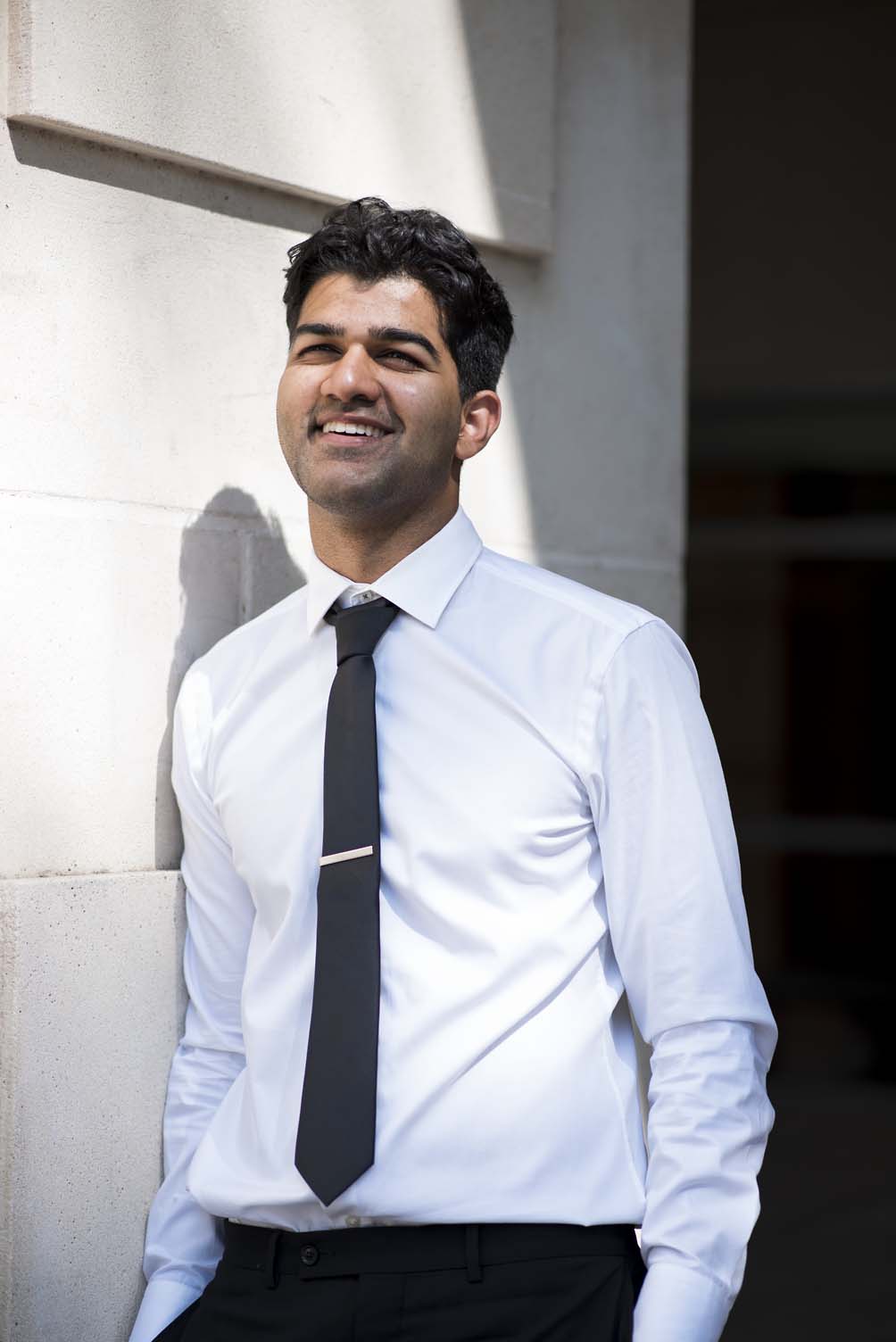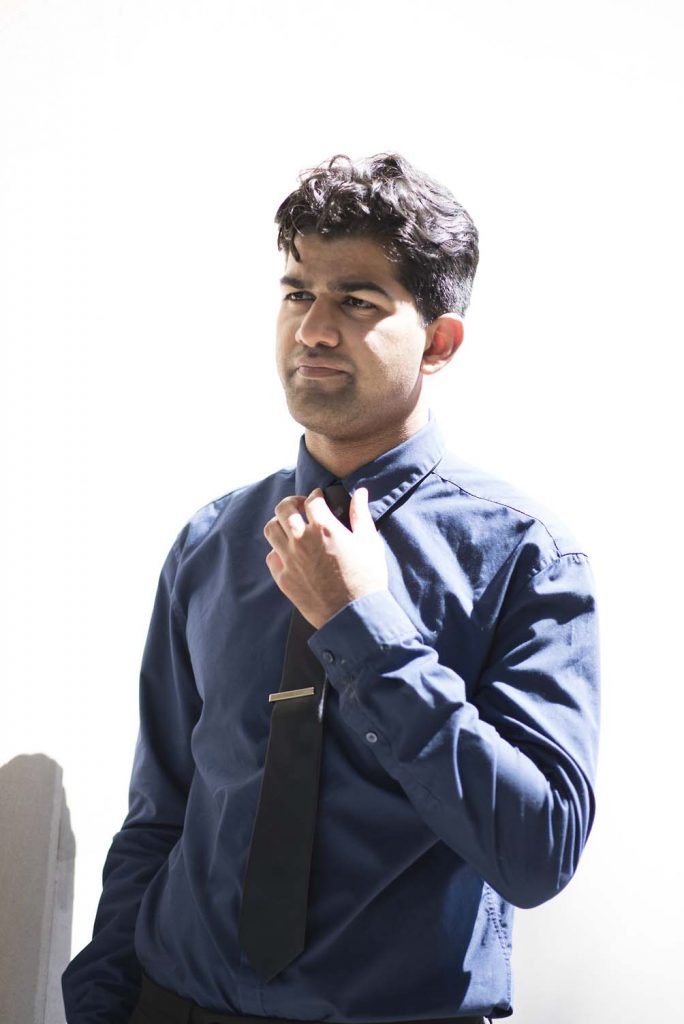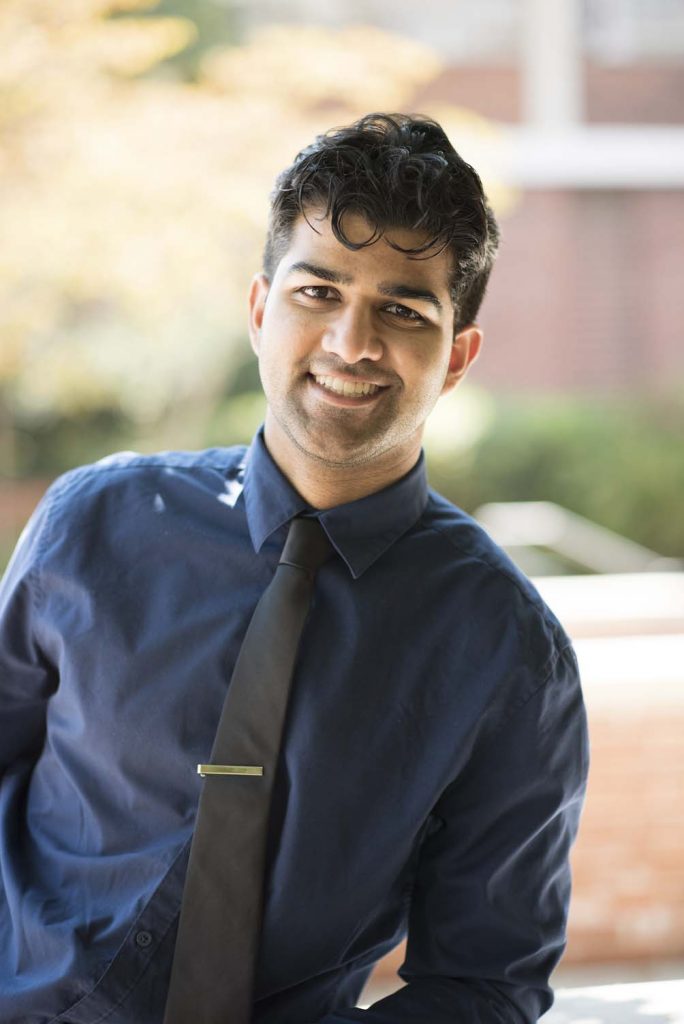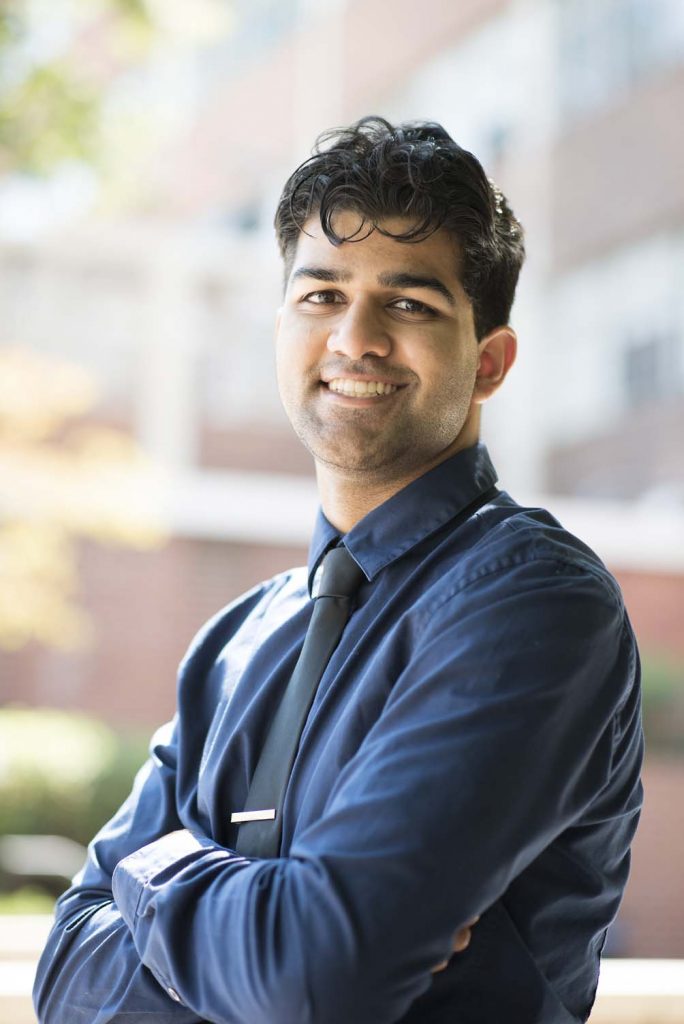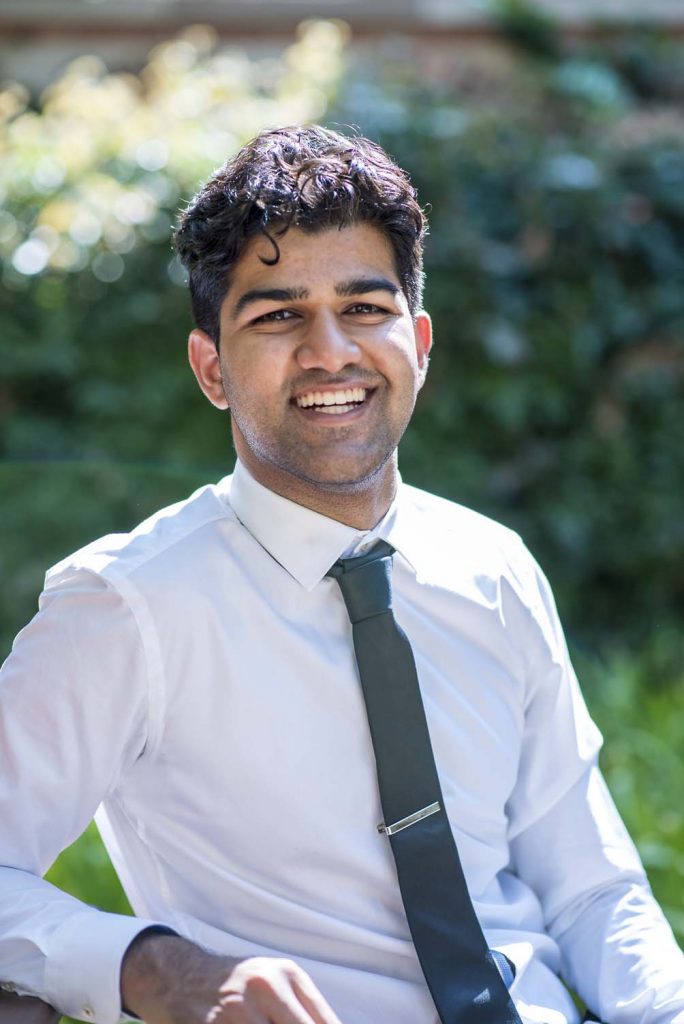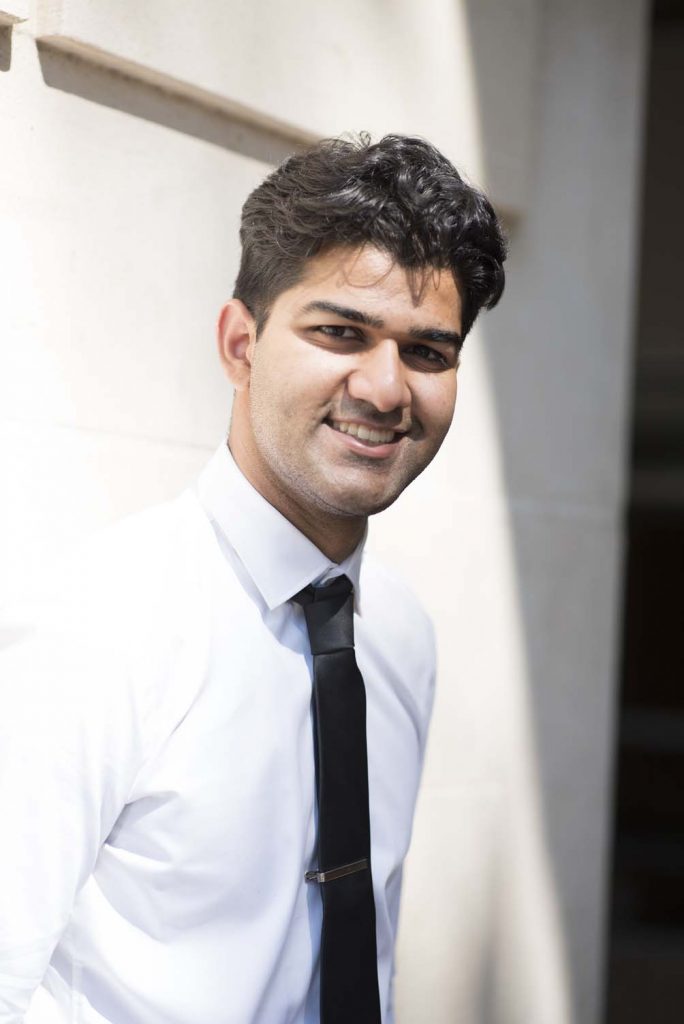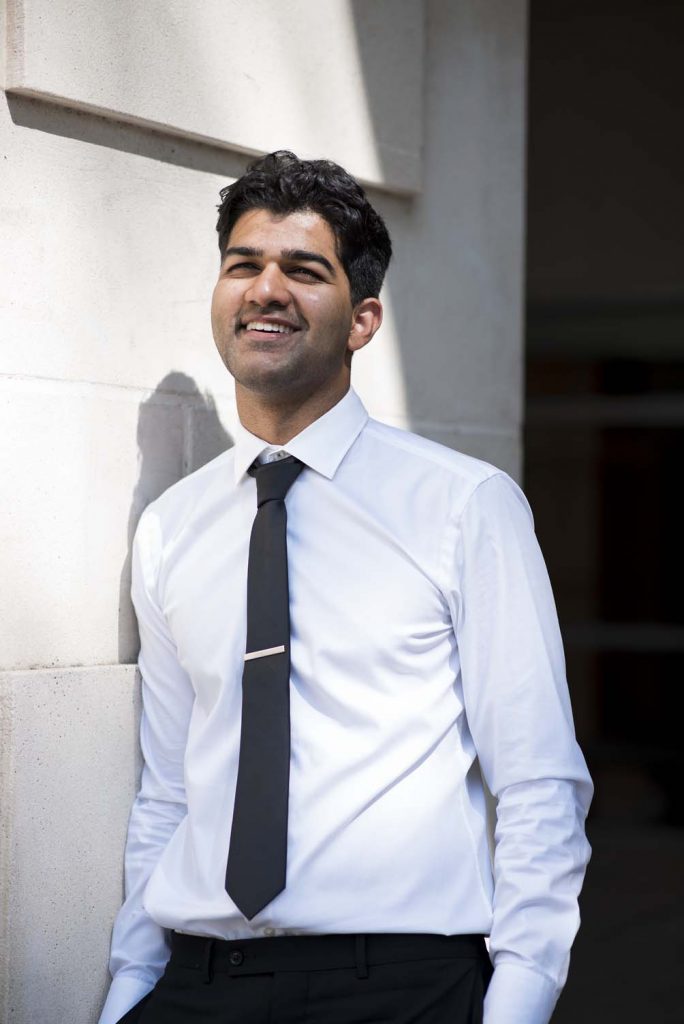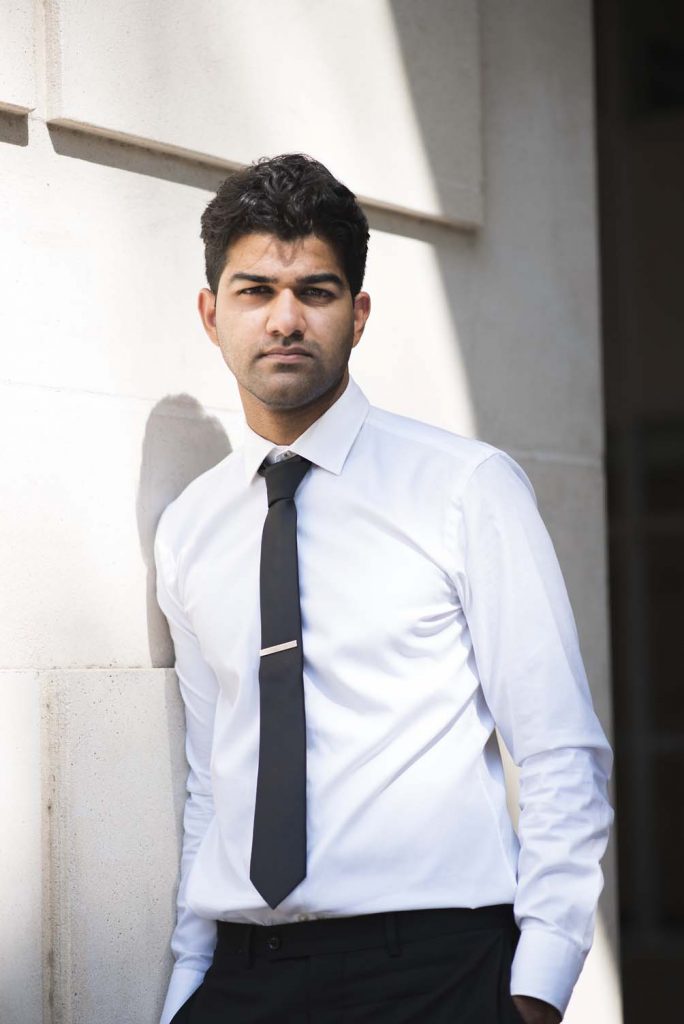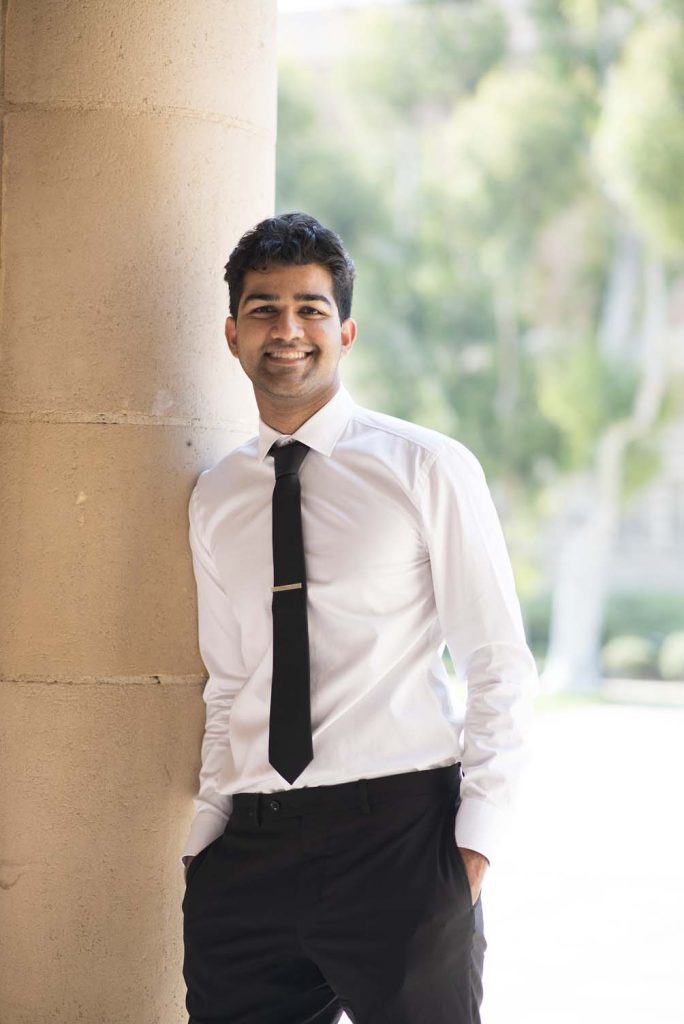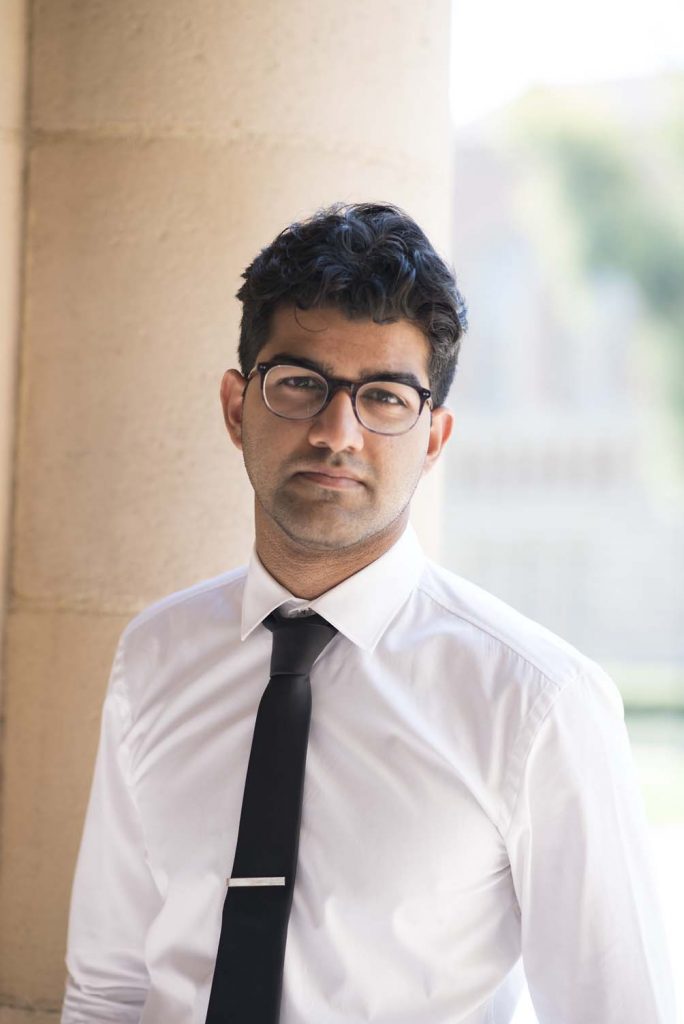At the age of eighteen, people become legally classified as adults and are given the opportunity to make independent decisions. Just like during freshman year, Nathan Mallipeddi recognized the freedom to choose his own classes. As a freshman, his motivation behind taking classes was to stay with friends, choose the best professors and create a good fit to his pre-med schedule. Although this seems like a simple issue, Mallipeddi learned over time that choosing classes essentially bridges the knowledge you get to keep as the foundation of your future. “Choosing classes may not seem to be that important, but you are essentially picking the knowledge that will be your war chest in future battles,” he said.
He believes that picking classes fundamentally revolves around learning as much as you can and developing lifetime friendships. “Do what you love. Learn what you love,” and as for building friendships, “college is too short to be brought down by the opinions of others,” he said. When it comes to ‘success,’ “even if you don’t reach your goals, you will reach something different, something new, something exciting,” he said.
Mallipeddi’s UCLA career was filled with many memorable life lessons, inspiring accomplishments and insightful professional development which shaped the person he is today. During his time in college, Mallipeddi managed to thrive academically while balancing his time conducting research, running a non-profit organization and managing other projects such as initiating the Virtual Chapter Program of the National Stuttering Association. These experiences shaped his ability to be a sharper thinker and a more collaborative teammate. “Four years ago, I joined an epigenetic research lab where my team and I made a groundbreaking discovery on the role of histones as enzymes,” he said. Along with his team, he was able to present his research in national conferences and published in Science.
As part of the Santos Research group, Mallipeddi investigated the differences in how various research and government entities classify disabilities. The goal was to unite the cross-cultural differences and find a uniform understanding of common disabilities. He proceeded to submit two articles for review in Journal of Disability Policy Studies and Political Psychology as first-author and second author respectively.
Mallipeddi was born with a speech disorder, an example of an invisible disability. With personal experiences living through this condition, he passionately used his voice to support others who are living through similar situations. This condition didn’t discourage and stop him from taking actions and getting involved as it became a foundation towards his passion in serving others. By breaking his silence about his communication impairment, he supports many communities that are undeservingly silenced and voiceless.
He acknowledged his most meaningful college experience as the creation of SoCal Stuttering Service, a non-profit organization made of 30 members with interests in speech therapy. “We’re targeting these students at their most vulnerable, when interpersonal relationships dictate a large portion of their life,” he said. Mallipeddi observed the boundaries and setbacks from accessing and financing professional support to seek developmental speech therapy. “Our goal is to provide the support necessary to ensure a speech disability doesn’t negatively impact their livelihood,” Mallipeddi said.
SoCal Stuttering Service provided remarkable support on their students’ communication skills. The students have proceeded to start scientific awareness movements, public service organizations and small businesses. By partnering with therapists, “we’ve raised $45,000 from service grants and corporate sponsorships. We are on track to hitting ~$100,000 by the end of year, to grow our workshops +50% to directly reach 3,000 students,” he said. The growth and positive feedback have pushed the team to expand internationally with a current focus in India.
UCLA helped Mallipeddi find a comfort zone and safe space in communities that helped him with his speech condition. This made a lasting impact which moved him to serve others. “UCLA provided me with the experiences and knowledge to grow from a shy, stuttering child to an accomplished researcher and entrepreneur,” he said.
Although Mallipeddi has made extensive efforts to support the communities with invisible disabilities, he believes that actions should be taken by a wider reach of policymakers. These invisible conditions are often disregarded,” he said. As part of the Santos Research Group at UCLA, “I worked on building a framework to analyze existing legislation and put forward potential solutions for the inclusion of invisible impairments,” he asserted. All in all, his passion, dedication and motivation to serve the community roots back to his mindset: “I do what I love, with who I love, and I treat others with love,” Mallipeddi says.

